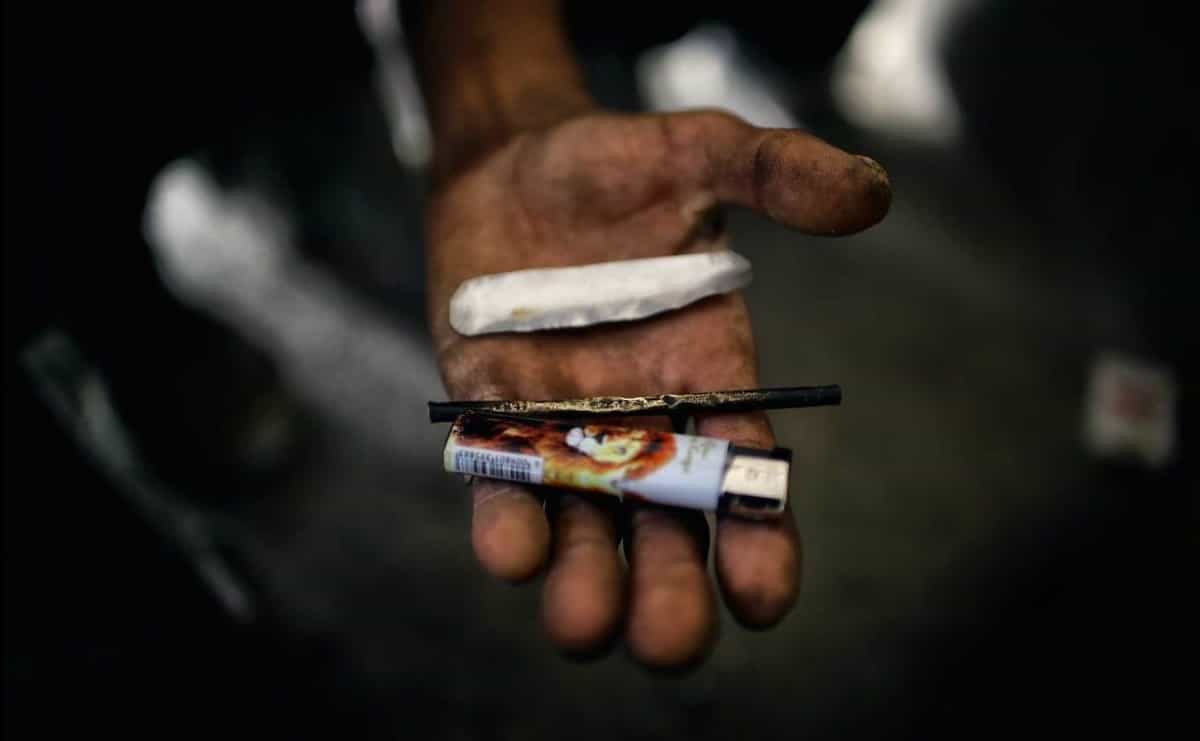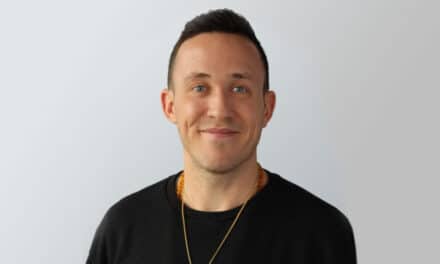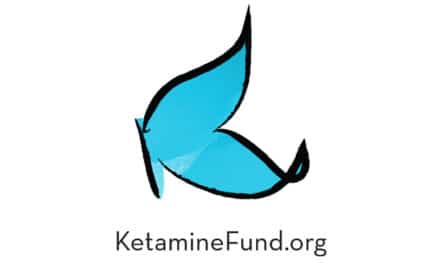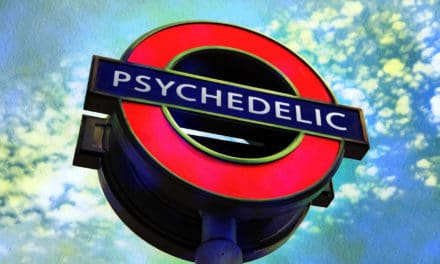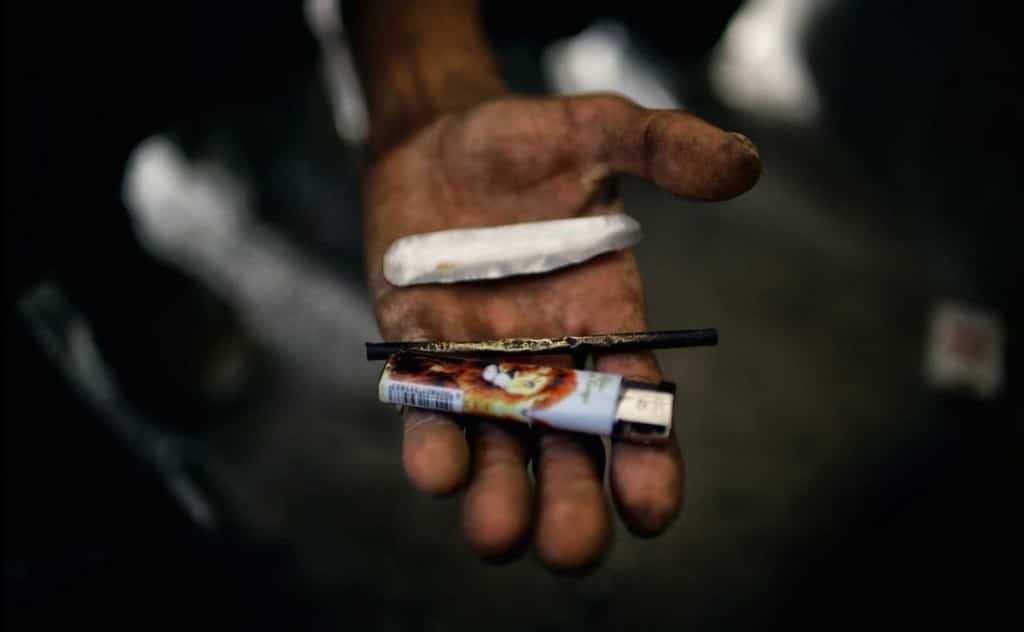
For people who are addicted to opiates like heroin and crack, ibogaine has shown immense promise in its role as an addiction interrupter. |Image Source: Flickr user Jordi Bernabeu Farrús
No doubt, Dr. Deborah Mash is one of the world’s foremost experts on ibogaine. She’s been working on ibogaine research for over two decades, and she’s the only scientist who has ever received FDA approval to study ibogaine treatment in the United States. After meeting ibogaine pioneer Howard Lotsof in the 1990s, Deborah performed groundbreaking research on ibogaine treatment for ending hard drug addiction, and she continues to advocate for ibogaine to be made available to scientists for research and to addicts who could benefit from ibogaine-assisted therapy. We were honored to speak with Dr. Mash about her work and the incredible gift that ibogaine has to offer the world.
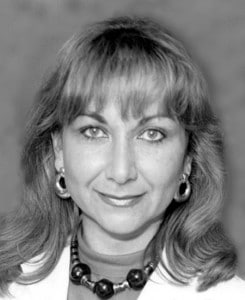
Deborah Mash | Image Source: Immunogenic Research Foundation
Stunning Success at Ending Addiction
When asked what makes ibogaine treatment so powerful and unique, Dr. Mash says, ”It’s not a cure, but it is what Howard Lotsof said — [it’s] an addiction interrupter. It is a transition to sobriety. With the ibogaine’s ability to give you a neurochemical reset, you have a window of opportunity to end drug addiction. We’ve seen it work again and again. Today, there are thousands of people who have successfully used ibogaine as an addiction interrupter to make that transition into sobriety. Not everybody is a success, but the numbers compared to what we know from conventional treatment centers are very stunning.”
How stunning? Joseph Barsuglia of Crossroads Ibogaine Treatment Center had recently told me in another interview that his post-treatment research on addicts who had gone through ibogaine therapy was showing some incredible numbers, but I wanted to see what Dr. Mash had observed. “We did 3-month, 6-month, and 1-year follow-ups and were estimating that between 40% and 50% of our patients had remained clean after treatment. If you have one out of two people being a success, that is amazing.”
Comparatively, it’s estimated that the success rate for conventional twelve-step programs is between 5%-10%.
That’s not to say that conventional rehab programs are worthless. They do help some people, and Dr. Mash shared her vision about how ibogaine treatment could be incorporated into the existing treatment model. “Imagine if we could give people ibogaine as an adjuvant to treatment, and then put them into conventional treatment, wouldn’t that be spectacular? Then you could follow it up with noribogaine [the metabolite that the body produces after ingesting ibogaine] and you can stave off the cravings that start to come back.”
What Makes Ibogaine Different from Other Psychedelics?
I also was very interested to ask Dr. Mash about her thoughts on the psychoactive properties of ibogaine compared to other psychedelics. While she said that people have used psychedelics for all kinds of reasons — including addiction — ibogaine is uniquely suited to treat addiction to opiates:
“Ibogaine is different than the others….If you give a crack addict psilocybin, it’s not going to help them. If you give a heroin addict a hit of MDMA, it’s not going to help them. The visual experience that ibogaine provides helps some people (but not everyone) to receive insights into their destructive behaviors and help them to rewrite their mythology.”
These insights that Dr. Mash refers to can have an enormously beneficial effect on the future behavior and choices that people make after ibogaine treatment. That combined with its ability to neutralize withdrawal symptoms and end cravings is what makes ibogaine so incredibly well-suited for addiction treatment.
While Dr. Mash honors the psychospiritual benefits that some report from taking ibogaine, she wants it to be recognized for its profound medical and therapeutic applications so that it can help with real issues we are facing today. “If ibogaine stays in the underground, backdoors, and back alleys outside of mainstream medical use, it’s never going to get out of Schedule 1 or be approved as a therapeutic drug, and we’ll never be able to get it to the millions of people who are desperate.”
What Will It Take for Ibogaine to Become Legal?
Since Dr. Mash has been one of ibogaine’s leading advocates to federal and medical agencies, I wanted to know what she thought was the best way forward to make ibogaine available to the people who need it most. “The standard road would be to get the FDA to approve it. I’ve been in front of the FDA more than once, and they’ve always kept an open mind and open ear about this. I think we would need a consortium of credentialed people from academia and from the public and private sector that could help us to do a citizens’ petition to move ibogaine out of Schedule 1 and into Schedule 2.”
Ah yes, Schedule 1. According to the United States government, substances listed as Schedule 1 have no currently accepted medical uses and a high potential for abuse. Ibogaine shares its Schedule 1 classification with (among other drugs) marijuana, which also has a long list of medicinal applications and no physically addictive properties. Dr. Mash spoke about why ibogaine doesn’t belong in the list of Schedule 1 substances, and why it’s so important to future research that it’s removed:
“One of the big barriers for studying ibogaine is that it is in Schedule 1. Ibogaine has no abuse potential. People don’t even like it! Animals don’t self-administer it. We have a way to scientifically look at drugs that might have abuse liability, and ibogaine does not have it. Moving it out of Schedule 1 and into Schedule 2 would open the door for many more people to be able to research it.“
With relaxed restrictions on further research, dedicated advocates like Dr. Mash and other scientists can help us better understand the immense power of ibogaine for addiction treatment and get it to the people who need it most. Dr. Mash has been a pioneer in ibogaine advocacy, and she’s prepared to keep fighting the good fight: “I want to make it medically safe, I want it to be ethical, and I want it to be used for the right purpose. We have an epidemic of heroin addiction in the US and we need this now more than ever before.”

